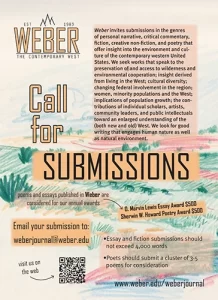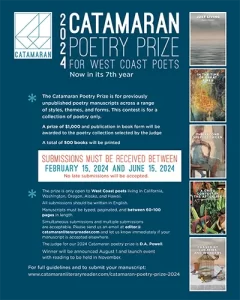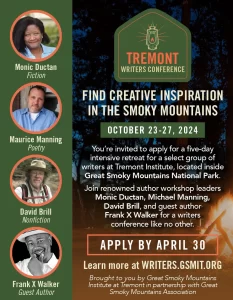The Southern Review – Spring 2009
Volume 45 Number 2
Spring 2009
Quarterly
Sima Rabinowitz
In the Artist’s Statement that precedes her lithographs, etchings, and acrylic and charcoal drawings, Bosnian immigrant Tanja Softi? writes: “The visual vocabulary of my drawings and paintings suggests a displaced existence: fragmented memories, adaptation, revival, and transformation…I have the arguable privilege of having lived more than one life.” This issue of The Southern Review, a particularly fine one, seems to offer every reader a version of this same opportunity to step, briefly, but deeply into another’s life, and to watch words and lives revived and transformed. Not necessarily changed, or improved, or repaired, but altered by their evolution as artistic artifacts and by our encounter with them,
In the Artist’s Statement that precedes her lithographs, etchings, and acrylic and charcoal drawings, Bosnian immigrant Tanja Softi? writes: “The visual vocabulary of my drawings and paintings suggests a displaced existence: fragmented memories, adaptation, revival, and transformation…I have the arguable privilege of having lived more than one life.” This issue of The Southern Review, a particularly fine one, seems to offer every reader a version of this same opportunity to step, briefly, but deeply into another’s life, and to watch words and lives revived and transformed. Not necessarily changed, or improved, or repaired, but altered by their evolution as artistic artifacts and by our encounter with them,
Sarah Kennedy’s “American Evangelical” is a stellar example. A devastating family narrative told in controlled, compact, rhythmically precise broken lines:
After the baptism –
swimming pool, preacher, child
Flapping underwater –
her hymn-hunting father
has delivered her, saved now,
unto her own bed.
Kennedy’s work is always affecting, but this piece is truly one of her best, a deft, taut composition that leaves me breathless and grief stricken. (“Night // (a strange word now: the world not fully created.”)
Tarfia Faizullah’s poems to a dead sister, too, (“Aubade: Wedding Day” and “Nocturne: Awards Ceremony”) envelop me in a story of personal grief so carefully and artfully that I am startled at the depth of my reaction:
Dusk again – sun and horizon yoked
to one another without spectacle. All day
I have looked for you in the likeliest
places – pages of photo albums frozen
with disuse – mapped the porcelain
curves of portraits of your girlfriends
now grown up, married drunk, infertile.
Julian Kornhauser’s brief and penetrating poems, expertly translated from the Polish by Piotr Florczyk, are no less arresting, captivating me utterly and completely and capturing a whole world in as few as four lines, as in “From the Past”:
Katowice Zawodzie, Ferrum Steelworks,
a row of brick tenement houses.
I pass this station so many times
and still can’t imagine my mom
here with a lollipop in her hand.
This issue’s prose (7 stories and 5 essays) is comparable in quality and appeal to the poetry. I was especially impressed by Tien-Yi Lee’s story “While We Waited,” her first publication, with its shapely structure – a small formula used to great effect (“We washed our hands”; We ate in the cafeteria”; “We learned about cremation”; “We comparison shopped”; “We went to the bank”; “We came from afar”; “We prepared the obituary,” etc.) Of the countless stories I have encountered recently about the death of a relative, this is one of the most original and successful.
I must single out William Lychack’s story “Calvary” for its smart opening lines: “The man took a grocery bag off the hood of the car and got in behind the wheel and unlocked the passenger side for the boy and all the clocks started again.” And Nick Holdstock (“The Ballad of Poor Lucy Miller”) for his skill in telling a difficult story in language that is casual, but not inconsequential. And also Kristina Gorcheva-Newberry (an essay, “Someplace Else”) whose English – she is an immigrant from Moscow – is impressive and whose memoir is beautifully rendered.
Finally, I cannot conceive of concluding this review without at least mentioning the poem by Ariana-Sophia M. Kartsonsis, “The Rub,” a cross, it seems to me, between “sudden fiction” and poetry that begins: “Here it is. The dark forest we never had to visit, having done time / there in our hearts. Yes, all is silver, it is.”
Having done time in our hearts! This takes me back to Softic’s statement and how this spectacular work has made it possible for us to “do time” in these dark forests (and sometimes come out the other side).
[www.lsu.edu/thesouthernreview/]




